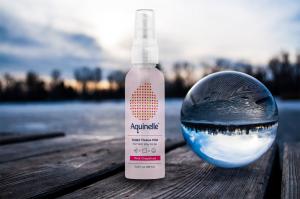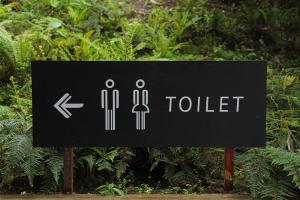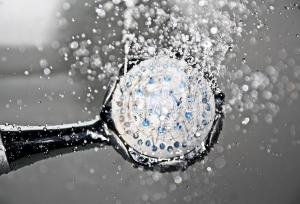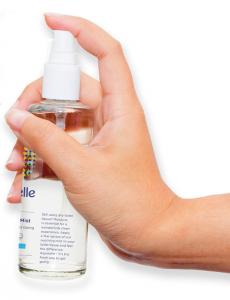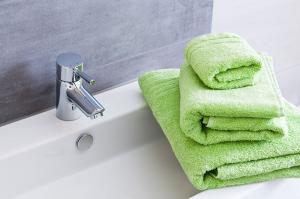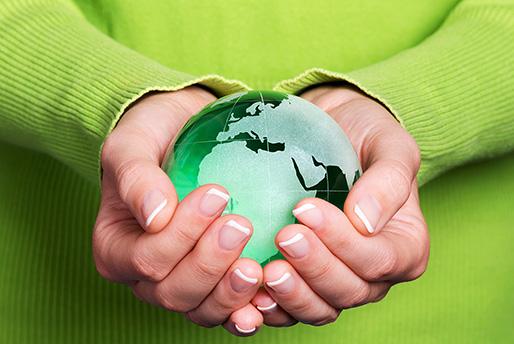
A friend who lives out in the country recently had a plumber out for a visit. Her septic tank kept backing up, and she couldn't figure out what the problem was. The plumber asked if anyone in the home used wet wipes in place of toilet paper, and her reply was that everyone did. That was the culprit, to her dismay, although the wipes clearly stated that they were flushable.
And she's not alone in her ignorance of wipes' impact. Seeking a more comfortable way to, well, wipe, the pre-moistened towelette has move from the baby nursery to the bathroom. Many homes have taken to stocking their bathroom with these wipes, without fully understanding the consequences to pipes, septic and sewage systems, and even the planet.
While companies that produce wet wipes may conduct tests for flushing, they are not generally done in conditions that mimic the true climate of a septic or waste disposal system. The wipes don't decompose easily and are often the chief perpetrator in clogging up pipes by getting caught up with other materials that go down the toilet. This doesn't affect just the home—it can cost towns and cities a fortune in sewer system cleanup.
While wet wipes may be disposable, they often contain plastic fibers that are not biodegradable. They may be out of sight and out of mind, but they have simply gone somewhere else to hurt the environment. As the wipes meander their way through our waste systems, they often end up in places where they shouldn't, like the ocean. This is where sea creatures, such as turtles, mistake them for jellyfish and, as also happens with plastic bags, ingest them and can eventually die. Plus, wipes are washing up on beaches all over the world.
In general, you shouldn't be flushing anything down your toilet except your waste and toilet paper. And even toilet paper, especially the plush kind, has become a hot topic for environmental debate. Plush paper requires the use of old growth or virgin forests because of the longer fibers necessary to create a supple surface. While recycled toilet paper may be a bit more chafing, due to its shorter fibers, it's definitely the better environmental choice.
Keep in mind that no matter what type of toilet paper you choose, the quantity that you use can also make a major environmental difference. In short, the less you flush over a lifetime, the better. Rather than just grabbing a wad, take a length (no more than 3 squares) and fold for more efficient use.
Of course, it's always better to have a moist wipe than a dry one. While other cultures may incorporate water in their waste management, with bidets and water showers, Western culture has fallen back on dry toilet paper, an option that just doesn't get the job done well or hygienically. For starters, you will always need less toilet paper to get the job done, if the paper is moist rather than dry.
That's where Aquinelle comes in. Aquinelle is a toilet tissue mist that is available in conveniently sized bottles—a larger one to stash in your bathroom or a travel pack size to carry. With six refreshing scents that range from Ocean Beach, Island Mist, and Coco Beach to Citrus Burst, Rain Forest, and Grapefruit, these light, hypoallergenic sprays are dermatologist-tested and safe for kids. (That's another thing about wipes—the chemicals on them shouldn't be used for any sensitive skin, particularly babies.)
Aquinelle is a truly pleasant way to help save the planet, one flush at a time.
Add New
Comments
no comments found
